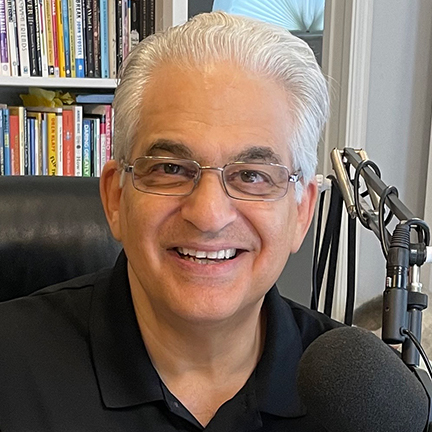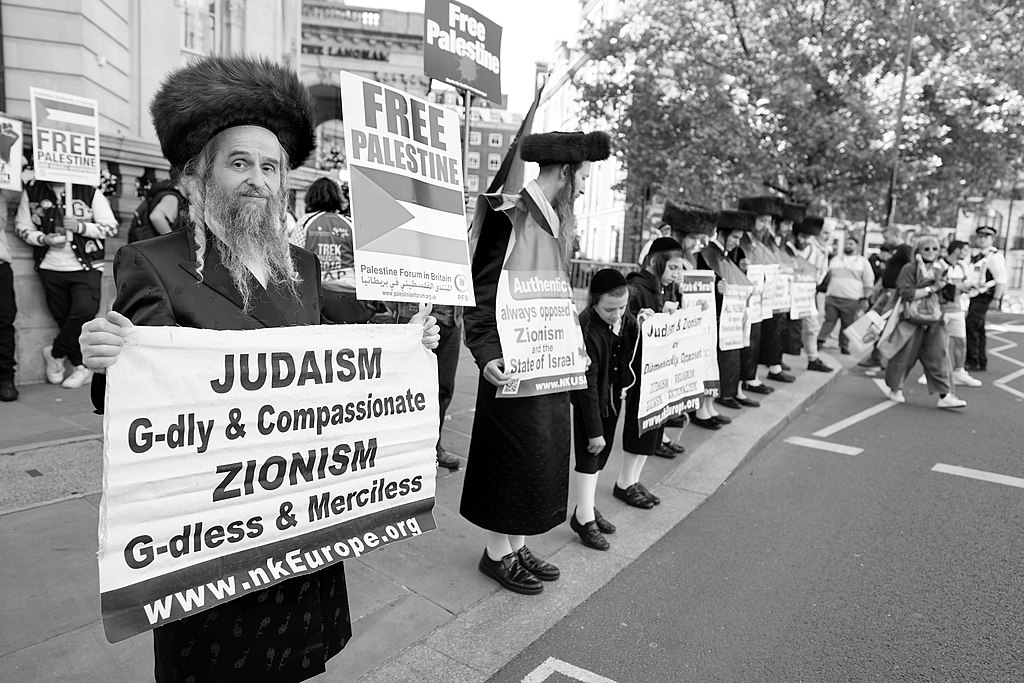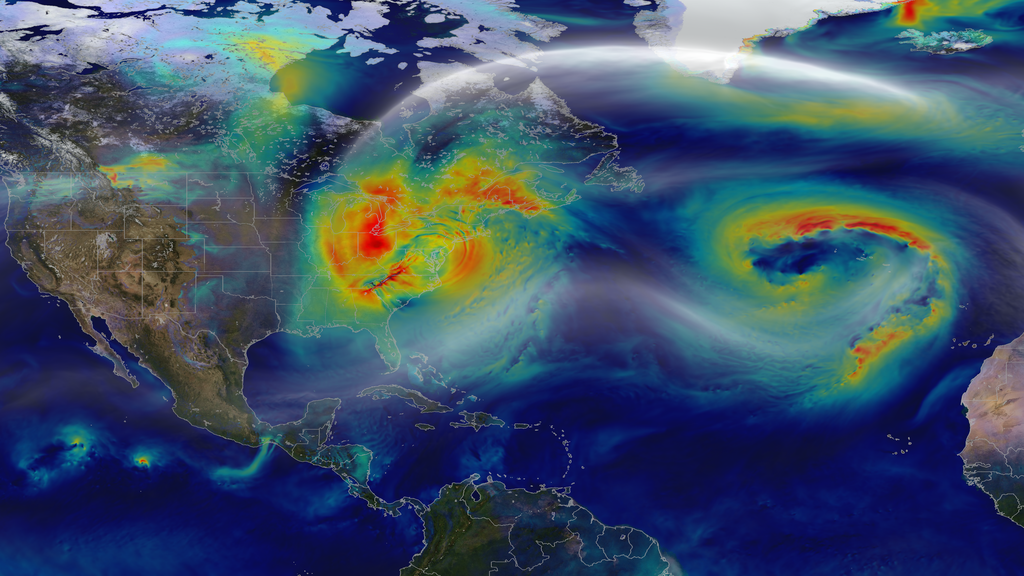The Democrats Have a Moment—WILL They Have the Courage to Seize It?
Along with every other decent human being, I deplore political violence. And as much as I despise his politics AND his character, I wish Donald Trump a speedy recovery from the wound inflicted by a would-be assassin with an assault rifle.
BUT that doesn’t mean we need to stop campaigning. It doesn’t mean we should fail to make the most of the opportunity that this criminal’s attack on another criminal creates. And it certainly doesn’t mean we should slink off with our tails between our legs because the MAGAs tell us “this is not the time!” It’s never the time, according to them.
And it absolutely doesn’t mean we should roll over play dead, and abandon hope just because Biden had a bad night in the recent debate or just because Trump may get sympathy votes for getting shot. Trump (who is only 3-1/2 years younger, by the way) had a bad night too, if you filter against fact-checking. He spewed blustery nonsense for 90 minutes, nearly all of it either blatantly false or totalitarian fantasy.
Here’s what we should be saying at every possible chance:
- This is exactly why we need common-sense gun laws that don’t just recognize the Second Amendment right to own guns but the freedom to go about our lives without being killed by homicidal maniacs whose history should prevent them from access to any guns, especially assault rifles.
- From what we know right now, the assailant was conservative, a bit of a geek, and active in gun rights causes (though he did make a $15 donation to a liberal charity when he was 17). A disillusioned former Trumper, perhaps? Or someone who felt even Trump wasn’t far enough to the right? Or just a depressed, lonely kid seeking attention?
- Once again, the argument that good people with guns will stop bad people with guns has been proven false. Presidential candidates and former Presidents—Trump is both—enjoy very well-trained Secret Service protection. And apparently, both local law enforcement who chased the shooter earlier and rally attenders who saw him on the roof alerted the Secret Service well before the shooting. Their inaction before the shooting started reminds me of the 376 law enforcement officers who cowered outside the school in Uvalde, Texas for 77 minutes while a shooter killed 21 people, as well as the lone security guard who refused to confront the gunman massacring 17 in Parkland, Florida.
It’s time for the United States of America to stand behind the value of not getting shot by a random psycho at a school, a movie theater, a supermarket, a religious service, a concert, or anywhere else. And Trump cannot lead that effort. After all, he:
- Claimed he could fire a gun down NYC’s Fifth Avenue and not lose any votes.
- Made a thinly veiled suggestion in 2016 that “Second Amendment people” assassinate Hillary Clinton.
- And Trump in the current 2024 campaign has said over and over again that his term will be about revenge and retribution.
By contrast, President Biden issued a powerful Executive Order promoting gun safety and managed against the odds to gain passage of the Bipartisan Safer Communities Act, which he calls “the most significant bipartisan gun safety legislation in nearly 30 years. The Act provides communities with new tools to combat gun violence, including enhanced gun background checks for individuals under age 21, funding for extreme risk protection orders and other crisis interventions, and increased mental health resources to help children impacted by gun violence heal from the resulting grief and trauma.” If Biden chooses to step down, the Democrat who will challenge Trump in November is also likely to favor sensible gun laws. The Democratic Party as a whole has been advocating common-sense gun safety for many years.
Finally, let’s remember three very important things:
First, just because the MAGA crazies have taken over the Republican Party doesn’t mean they’ve taken over the minds of mainstream Republicans. We see this in the typical 20 percent that Nikki Haley continued to draw even after she suspended her campaign! And I’ve also seen it in my conversations with many Republicans who tell me they don’t like Trump’s character, his lack of understanding of the issues, his massive narcissism, his open racism, his lack of a moral compass, etc. His support is weak even in his own party, in other words. Many could easily defect—as more than 100 prominent Republican have publicly pledged—to RFK, Jr., to the Democrats, to a Republican write-in, to to the Libertarians, or simply leave that space blank on their ballots.
Second, the Republican positions on many issues are wildly out of step with mainstream views. They oppose women’s reproductive freedom, LGBT rights, immigration (even legal immigration), voting rights, rights to protest against repressive governments, environmental protection, labor rights, and more. Both the Republican platform and the truly sinister Project 2025 (written largely by people who worked in Trump’s administration) embrace these extremist proposals—as do, apparently, a majority of the Supreme Court, which recently gutted environmental protection, declared Trump immune from prosecution for “official” acts, and of course, a year ago, overturned Rowe v. Wade—becoming the first Supreme Court to remove a constitutional right. And if that weren’t enough, Trump himself has alienated and insulted many large constituencies—veterans, people with disabilities, women, Palestinians, Muslims, Latin Americans, to name a few—and, starting January 6, 2021, thrown even some of his most loyal supporters like former Attorney General William Barr and former Vice President Mike Pence under the bus.
And third, Trump is not an attractive candidate to swing voters. He is now a 34-count convicted criminal and was found in civil court to have committed sex crimes. His rambling, off-topic speeches and compulsive lying could be evidence of serious mental decline. And of course, both men have a track record. Trump got little done besides his economy-crushing tax cut, while Biden, for all his flaws, has made huge progress on the economy, on recovering from the pandemic, on the environment, and on the US’s position as a world leader. On every issue where Biden has been bad (especially Gaza), Trump is demonstrably worse for progressives.
So let’s get out there and mobilize people to vote Democratic—including spreading the word about the huge negative impact of Trump’s proposals to people who don’t always vote for Democrats. Despite its problems, we still have a democracy worth saving!





